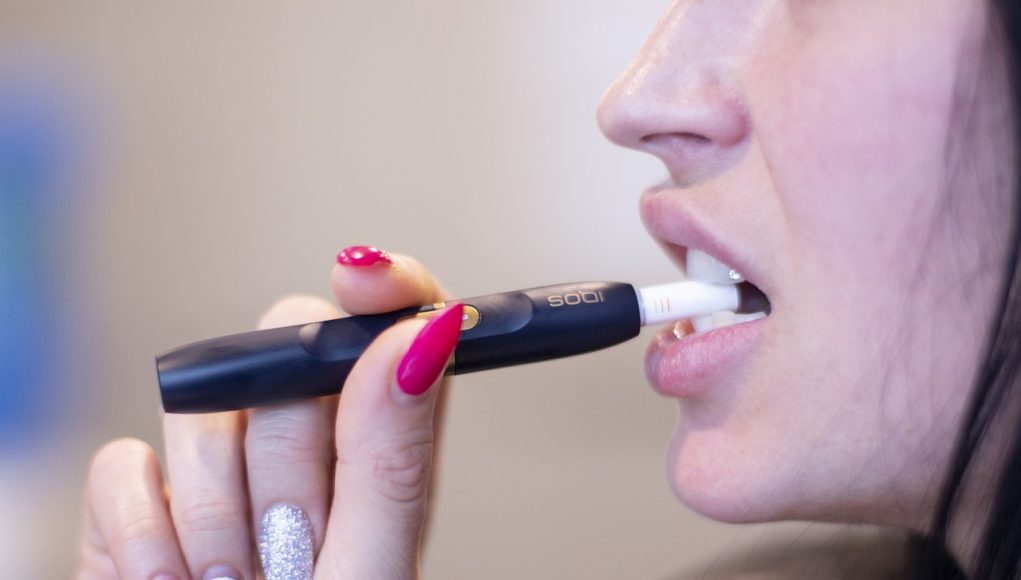Proposal of law 5087/2020 would ban “the production, import, sale and advertising of electronic smoking devices, which include electronic cigarettes and heated tobacco products, as well as their accessories and refills”, and is currently being considered in the Chamber of Deputies, the lower house of the National Congress.
Congressman Eduardo Costa of the minority Brazilian Labour Party (PTB), who introduced the bill in November 2020, wants offenders to face penalties laid down in Brazilian health legislation, which vary from fines to business closure. The bill was received last month by the Committee on Economy, Industry, Trade and Service, nearly four months after it was originally introduced.
In line with the Child and Adolescent Act on the sale of alcohol and drugs, anyone caught selling the tobacco products to under-18s, would be charged with a prison sentence of between two and four years.
TobaccoIntelligence reported that that the bill is being considered at the same time as proposal 6387/2019, which was introduced two years ago and is related to the same topic.
Costa put forward his proposal in an attempt to block a possible positive decision by the National Health Surveillance Agency (Agencia Nacional de Vigilancia Sanitaria, ANVISA) on the future regulation of tobacco alternatives in Brazil.
Local Big Tobacco lawsuits
In 2020, Brazil sued British American Tobacco Plc (BAT) and Philip Morris International (PMI), demanding compensation for tobacco-related diseases. A year earlier, the Brazilian solicitor general’s office sent subpoenas to Souza Cruz Ltda, Philip Morris Brasil Industria e Comercio Ltda and Philip Morris Brasil SA. These tobacco companies, who produce 90% of the cigarettes sold in Brazil, refused to receive them.
The tobacco companies claimed that they are only subsidiaries and that notifications had to be sent directly to their parent companies in the UK and the US. However, the federal judge hearing the case in Porto Alegre, Graziela Bündchen, ruled that these companies are the operational wings of the parent companies and are therefore fully capable of relaying the notifications to their head offices.
To this effect, in 2020 the judge gave them 30 days to present their defenses. The lawsuit was heralded as historic by groups advocating for reduced tobacco consumption, such as the Alliance to Control Smoking (ACT). “It is very important that international headquarters are also held accountable,” said ACT legal director Adriana Carvalho. “They profit from the business in Brazil and have always exercised power of control over their Brazilian units.”
Imperial Brands Expresses Optimism About Its Heated Tobacco Device Pulze








